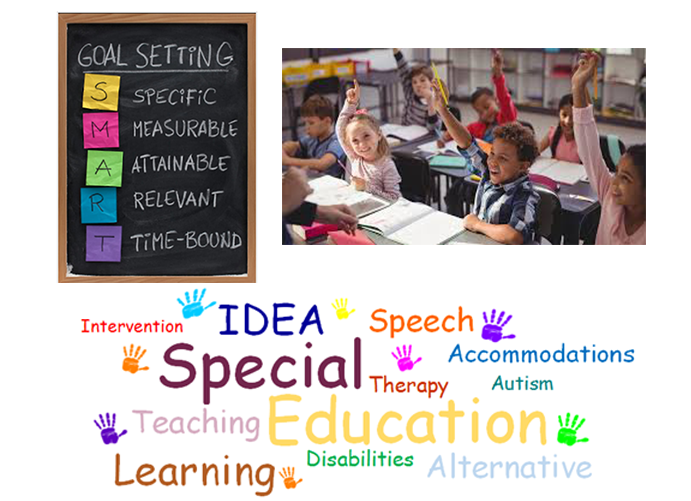Special Education
Special education (also known as special-needs education, aided education, exceptional education, special ed. or SPED) is the practice of educating students in a way that addresses their individual differences and special needs. Ideally, this process involves the individually planned and systematically monitored arrangement of teaching procedures, adapted equipment and materials, and accessible settings. These interventions are designed to help individuals with special needs achieve a higher level of personal self-sufficiency and success in school and in their community which may not be available if the student were only given access to a typical classroom education.
Special education is a broad term used by the law (IDEA) to describe specially designed instruction that meets the unique needs of a child who has a disability. These services are provided by the public school system and are free of charge. Services can include instruction in the classroom, at home, in hospitals and institutions. Learning disabilities cover a wide spectrum of disorders ranging from mild to severe. They can include mental, physical, behavioral and emotional disabilities.
If you are special educator join our club for special eduactor community
join UsThere are 13 categories of special education as defined by the Individuals with Disabilities Education Act (IDEA). In order to qualify for special education, the IEP team must determine that a child has one of the following:
- Autism
- Blindness
- Deafness
- Emotional Disturbance
- Hearing Impairment
- Intellectual Disability
- Multiple Disabilities
- Orthopedic Impairment
- Other Health Impaired
- Specific Learning Disability
- Speech or Language Impairment
- Traumatic Brain Injury
- Visual Impairment
